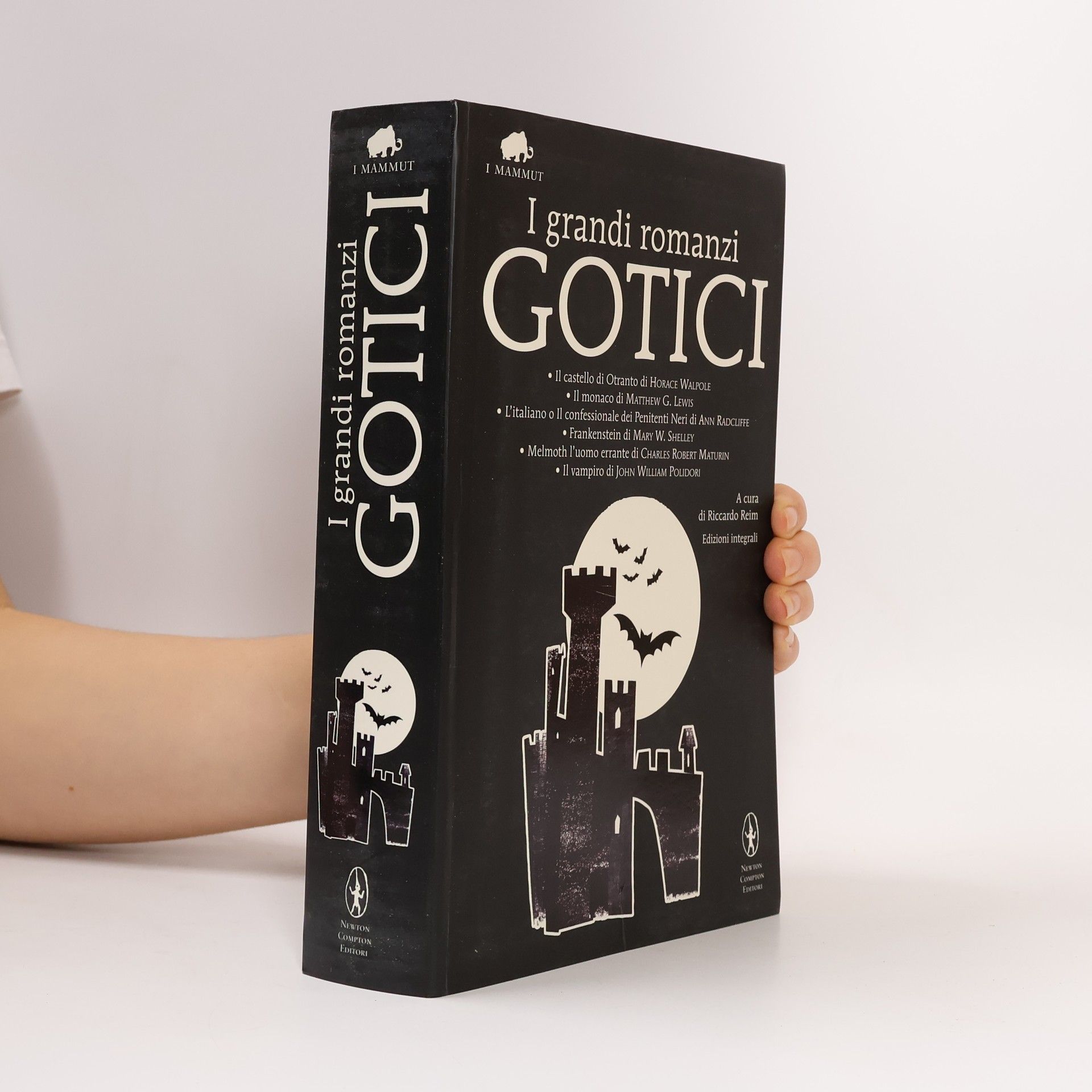I grandi romanzi gotici - Edizioni integrali
- 1008pagine
- 36 ore di lettura
L’annotazione esplora il romanzo gotico, un genere caratterizzato da castelli lugubri, apparizioni spettrali, giovani eroine in pericolo, e figure minacciose come mostri e vampiri. Dall’opera di Horace Walpole nel 1764 fino a quella di Charles Robert Maturin nel 1820, il gotico non è solo un insieme di elementi spaventosi, ma riflette anche angosce e inquietudini contemporanee. Questa narrativa, con il suo "sublime del terrore", emerge come una reazione al predominio della ragione e del buon senso, rivelando una connessione sorprendente con le emozioni moderne. Attraverso i capolavori di autori come M.G. Lewis, Ann Radcliffe, Mary Shelley e John William Polidori, il lettore è invitato a percorrere i labirinti della paura, un elemento centrale della Gothic Fiction. Come sottolineato da D. Punter, la paura non è solo un tema, ma influisce anche su forma, stile e dinamiche sociali nei testi. L’esperienza di leggere questi romanzi diventa così un viaggio affascinante, dove il terrore si manifesta in modo caotico e trionfante sulla pagina scritta, offrendo un brivido di delizia al lettore.



